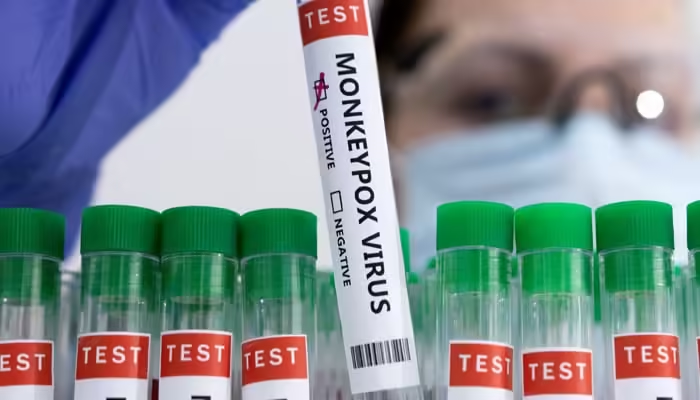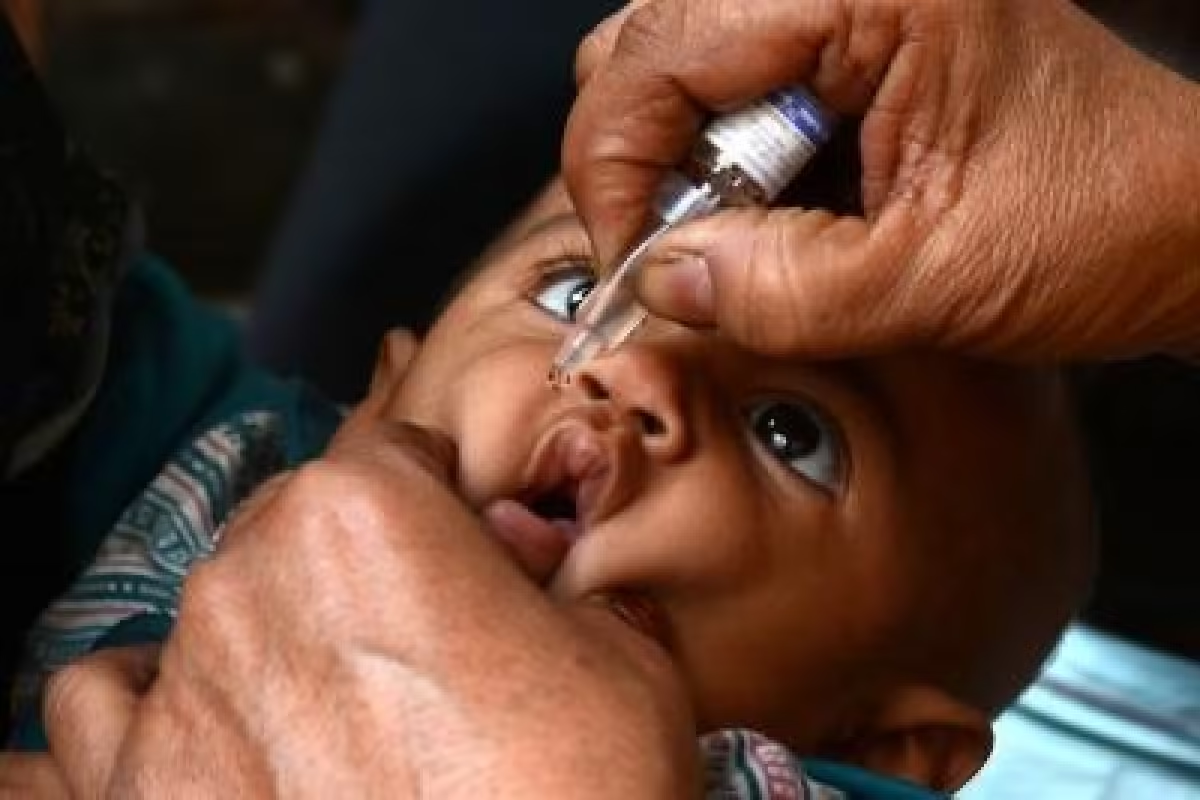Recent reports indicate a growing concern at Peshawar Airport, where multiple suspected cases of monkeypox have been identified during routine health screenings. The health department has confirmed that five individuals have been quarantined at the Police Services Hospital, and their samples have been sent to specialized labs for definitive testing. As these suspected cases emerge, the situation underscores the importance of stringent health protocols at entry points like airports and border crossings to prevent potential outbreaks.
The Emergence of Suspected Cases
The identification of these five suspected monkeypox cases at Peshawar Airport has sparked significant concern among health authorities and the public. The individuals were flagged during the airport’s rigorous screening process, which has become a crucial first line of defense against infectious diseases. Given the global rise in monkeypox cases, particularly in regions with frequent international travel, these screening measures are critical in detecting and isolating potential carriers before they can spread the virus further.
Monkeypox is a rare but potentially serious viral illness that can spread from animals to humans and, less commonly, from human to human. Symptoms often include fever, headache, muscle aches, and a characteristic rash. The virus can be fatal in some cases, making early detection and isolation vital in preventing wider outbreaks.
Quarantine and Testing Protocols
Upon identifying the five suspected cases, the health department swiftly moved to quarantine the individuals at the Police Services Hospital. This facility is equipped to handle infectious diseases, providing the necessary isolation and care to prevent any potential spread of the virus. The decision to quarantine these individuals reflects the seriousness with which the health authorities are treating the situation.
Samples from the suspected patients have been sent to specialized laboratories for testing to confirm whether they have contracted monkeypox. The results of these tests will be crucial in determining the next steps, both for the patients and for public health management in the region. If any of these cases are confirmed, it could prompt further measures, including contact tracing and additional screenings at entry points.
Extensive Screening Efforts
The situation at Peshawar Airport is part of a broader effort by health authorities to monitor and control the spread of monkeypox and other infectious diseases. According to the health department, more than 23,658 passengers have been screened at Peshawar Airport since the implementation of these health protocols. The screenings are not limited to the airport; they also extend to key border crossings, such as Torkham and Dara Zinda, where 22,067 and 123 individuals have been screened, respectively.
These screenings are essential in detecting potential cases early, especially among travelers coming from regions where monkeypox is more prevalent. The proactive approach of health authorities in implementing these measures has been instrumental in safeguarding the public and ensuring that any potential cases are identified and isolated promptly.
Broader Implications and Public Health Response
The suspected monkeypox cases at Peshawar Airport highlight the ongoing challenges in managing and preventing the spread of infectious diseases, especially in regions with high levels of international travel. The health department’s swift response in quarantining the suspected cases and conducting thorough testing is commendable and reflects the importance of preparedness in public health.
However, this situation also serves as a reminder of the need for continued vigilance. Public awareness campaigns about monkeypox, including its symptoms and transmission methods, are crucial in helping people understand the risks and take appropriate precautions. Additionally, ensuring that health facilities are well-equipped to handle potential outbreaks is essential in maintaining public confidence and preventing panic.
For travelers, especially those coming from regions where monkeypox is more common, it is important to be aware of the symptoms and seek medical attention if they experience any signs of illness. This is not only vital for their own health but also for preventing the spread of the virus to others.
The Importance of Vigilance and Preparedness
The emergence of suspected monkeypox cases at Peshawar Airport underscores the critical role of health screenings and rapid response protocols in managing public health threats. While the situation is under control, with the suspected patients in quarantine and testing underway, it highlights the ongoing need for vigilance, particularly at entry points like airports and border crossings.
As the health department continues to monitor the situation and await test results, the broader implications of this event serve as a reminder of the importance of preparedness in public health. By maintaining rigorous screening procedures and ensuring that health facilities are equipped to handle infectious diseases, authorities can effectively manage potential threats and protect the public from outbreaks.
Ultimately, the situation at Peshawar Airport is a testament to the importance of a coordinated and proactive approach in public health, ensuring that even in the face of potential risks, the safety and well-being of the community remain the top priority.



